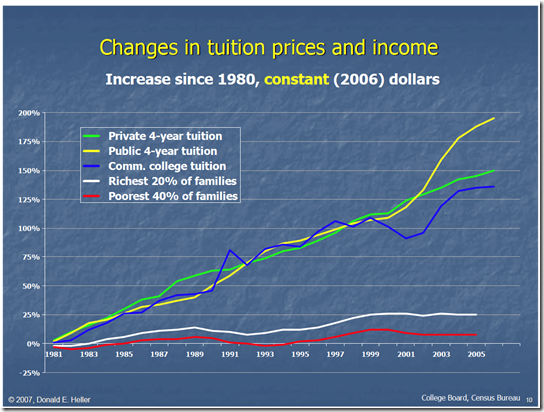GDP Fell Sharply In Q4
Kurt Brouwer February 27th, 2009
The Commerce Department revised the fourth quarter GDP sharply downward today. The previous estimate was a decline of 3.8%. That has been revised to a 6.2% decline. Bloomberg has the details [emphasis added]:
U.S. Shrank To 6.2% Deficit, Most Since ’82 (Bloomberg, February 27, 2020, Timothy R. Homan)
The U.S. economy shrank in the fourth quarter at a faster pace than previously estimated as consumer spending plunged, companies cut inventories and exports sank.
Gross domestic product contracted at a 6.2 percent annual pace from October through December, more than economists anticipated and the most since 1982, according to revised figures from the Commerce Department today in Washington. Consumer spending, which comprises about 70 percent of the economy, declined at the fastest pace in almost three decades.
The recession is forecast to persist at least through the first half of this year as job losses mount and purchases plummet. The Obama administration’s attempts to break the grip of the worst financial crisis in 70 years are unlikely to bring immediate relief as companies from General Motors Corp. to JPMorgan Chase & Co. cut payrolls.
…U.S. manufacturing shrank in February and confidence among consumers declined, private reports today showed. The Institute for Supply Management-Chicago Inc.’s business barometer showed a contraction for a fifth consecutive month, while the Reuters/University of Michigan final index of consumer sentiment fell for the first time since November.
…For all of 2008, the economy expanded 1.1 percent as exports and government tax rebates in the first six months helped offset the deepening slump in consumer spending that followed.
Consumer spending dropped at a 4.3 percent annual rate last quarter, the most since 1980, after falling at a 3.8 percent pace the previous three months. That marks the first time purchases have dropped by more than 3 percent in consecutive quarters since record-keeping began in 1947.
…”It’s going to be a tough start to 2009,” Scott Davis, chief executive officer of United Parcel Service Inc. said yesterday during a speech in Washington. “The best case we can see out there is maybe some growth in the second half.”
The economy actually grew a bit in 2008, but that all came from the first half of the year. The first quarter of 2009 should be pretty rough and perhaps the second quarter too. We will probably see a modest up quarter towards the end of the year.
